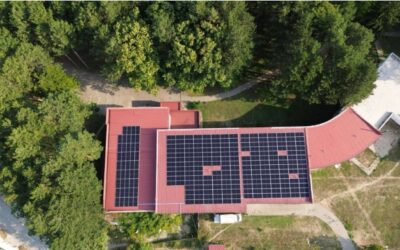THEME
Sustainable Living
Living sustainably within the planetary boundaries.
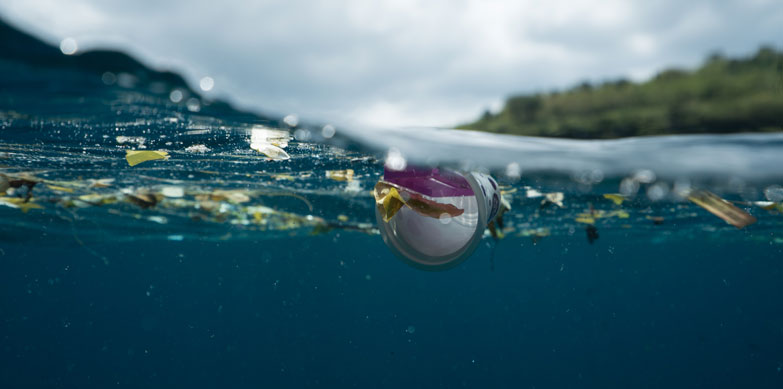
WHAT IS IT?
Sustainable Living at ESRAG
How does sustainable living benefit humanity?
Nature has a finite capacity to regenerate itself in the face of pressures on its land, water and air resources. Human communities have been using resources and living beyond nature’s capacity to absorb the greenhouse gasses and other pollution resulting from our lifestyles and economic endeavors. Adjustments to the way in which we interact with nature are urgently needed to restore the environmental conditions essential to providing the food we need and the conditions in which our economies can thrive. Those conditions include clean air, sufficient supplies of safe water, ambient temperatures compatible with human life, and resilient infrastructure. ESRAG connects you to the rigorous research that regions, nations, and communities are using to see which factors we can modify to be able to live within the limits of our planetary home to sustain our lives.
SUSTAINABLE LIVING
Learn more
Rotarians Unite to Harness Solar Power: Tackling a Public Health Crisis in Kosovo
By Steve Jenkins Rotarians from eight clubs across Wales, Kosovo, France, Sweden, Japan, and the US have come together in an extraordinary act of global collaboration to deliver an urgent solar energy project at Peja Regional Hospital in Kosovo. With a Rotary...
Empowering Green Schools: Students Pioneering a Sustainable Society
By PDG Jeff Smith, Brian Braginton-Smith, and Tina Nilsen-Hodges Could Green Schools Be the Key to Unlocking Green Careers? How we educate our children - including preparing them for green careers - is crucial to a sustainable future for our planet. A genius in...
Ignite hope: share ESRAG’s podcast!
By Ilya "The Admiral" Shcharbitski, Rotaract Club of Scheveningen Launching the ESRAG Podcast At the end of 2022, after doing a lot of social media work for COP26 in Glasgow, I thought we needed more media channels to reach Rotarians and to inspire them with what...
Take Action on Sustainable Living
Rotarians have wonderful networks as trusted leaders in business, research, and civic engagement at every level of society, from local communities to multinational organizations. We also work well across every possible divide by applying the ethics of the Four-Way Test. You can use these strengths to inform and equip stakeholders by using tools like the En-Roads Climate Simulator and the Global Footprint Network’s Ecological Footprint Tracker. Rotary Clubs, Districts, and ESRAG Regional Chapters are also spearheading effective solutions to reduce the strain of human activity through initiatives like the Plant-Rich Diet, Solvatten solar water heater, electric charging stations, and cleaner cookstoves.
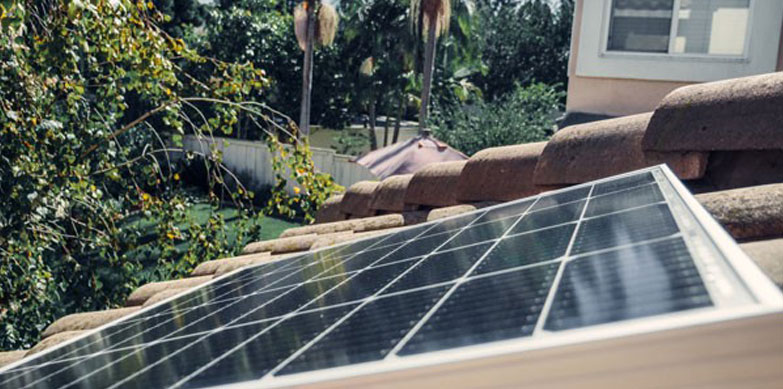
Renewable Energy
To encourage, educate and offer support for those involved in renewable energy projects worldwide.
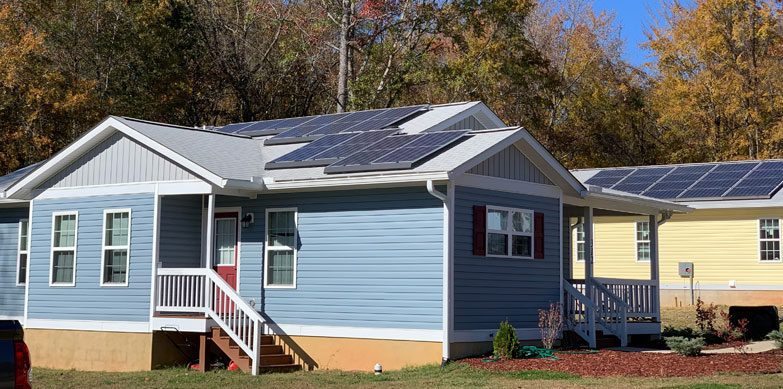
Habitat Solar
Address energy povery for Habitat for Humanity, low income, home owners.
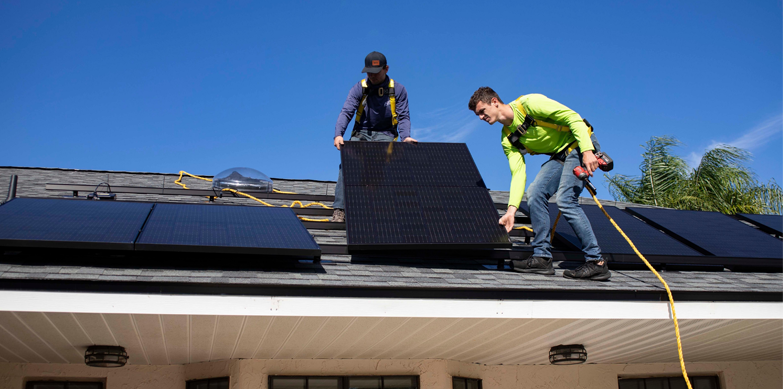
Million Solar Panels
Fighting climate change one solar panel at a time.
SUSTAINABLE LIVING
Featured Projects
Projects surrounding sustainable living.
No Results Found
The page you requested could not be found. Try refining your search, or use the navigation above to locate the post.
SUSTAINABLE LIVING IMPACT
Resources
“Each one of us matters, has a role to play, and makes a
difference. Each one of us must take responsibility for our
own lives, and above all, show respect and love for living
things around us, especially each other.”
– Jane Goodall
UN Sustainable Development Goals
The UN’s goals for sustainable development must lead the world in a new sustainable direction. From an unsustainable direction of travel with climate change, extreme weather, plastic in the oceans, and a drastically reduced biodiversity. The 17 goals, with 169 sub-goals, span economic, social, and ecological sustainability. The goal is to create a fairer, more equal, and safer planet where future generations can also live a good life.
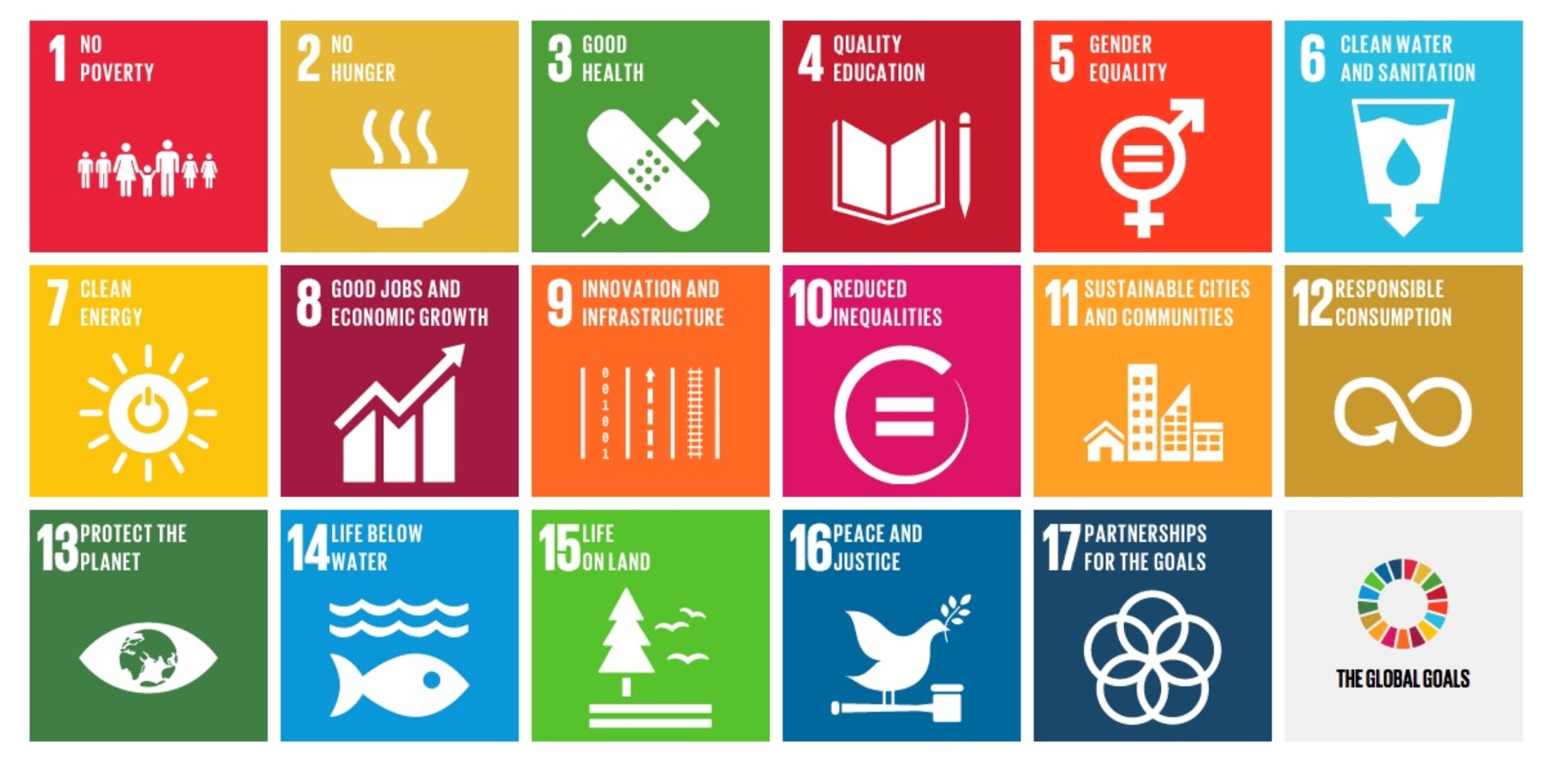
Planetary Boundaries
Healthy and viable ecosystems are dependent on stable conditions in our earth systems, more known as the Planetary Boundaries. There are 9 vital and interacting environmental processes that life is dependent on.
The preconditions for creating social and economic welfare is a nature in balance. That is not the case today. Climate change, loss of biodiversity, dispersal of toxic substances and overexploitation of resources threatens life on earth. More extreme weather and declining biodiversity lead to reduced access to clean water and food, more spread of diseases, inhibited economic development, destabilization and conflicts. Economic, social and environmental are deeply interdependent and interacting with each other.
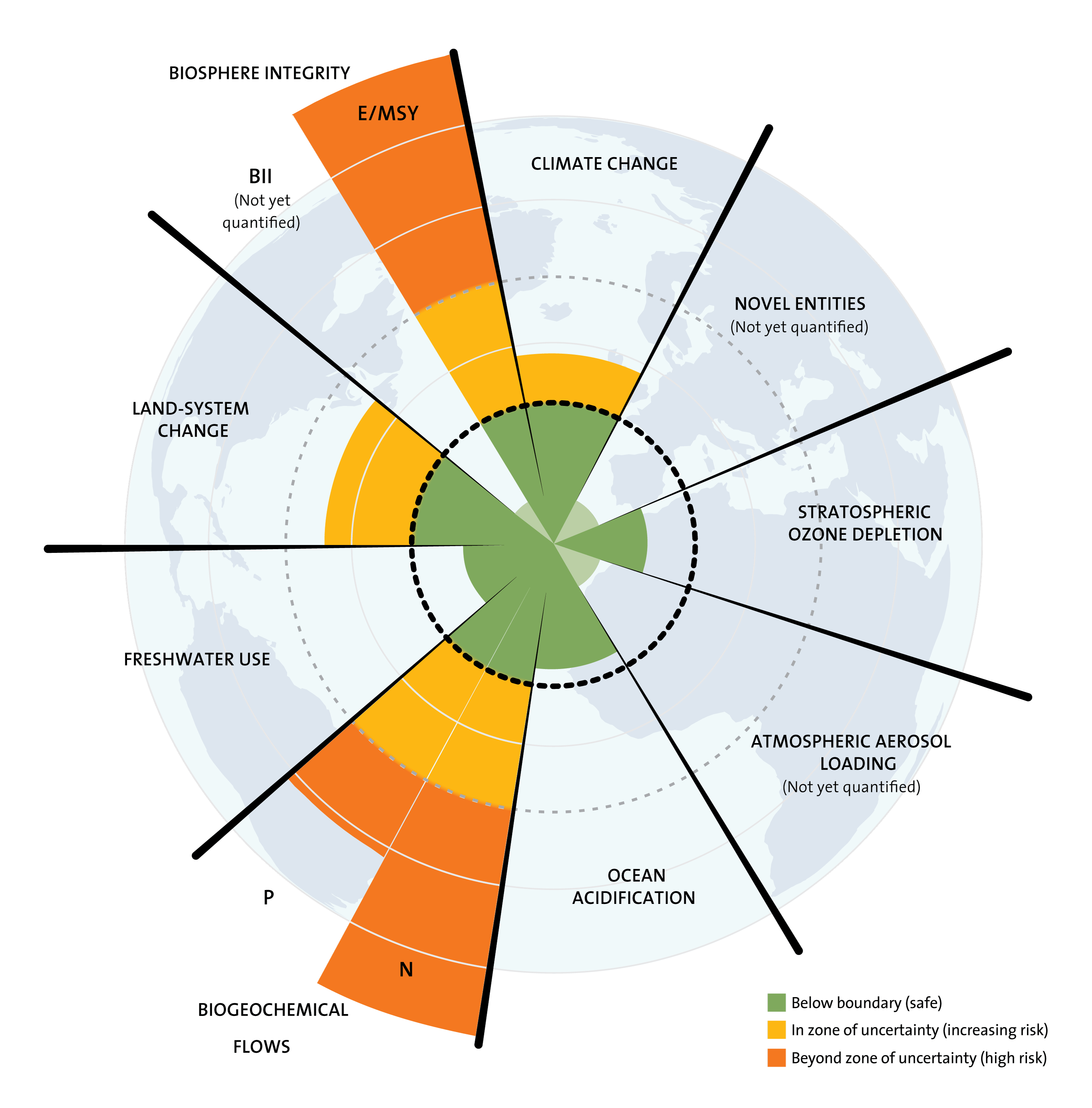
SUSTAINABLE LIVING
Featured Events


